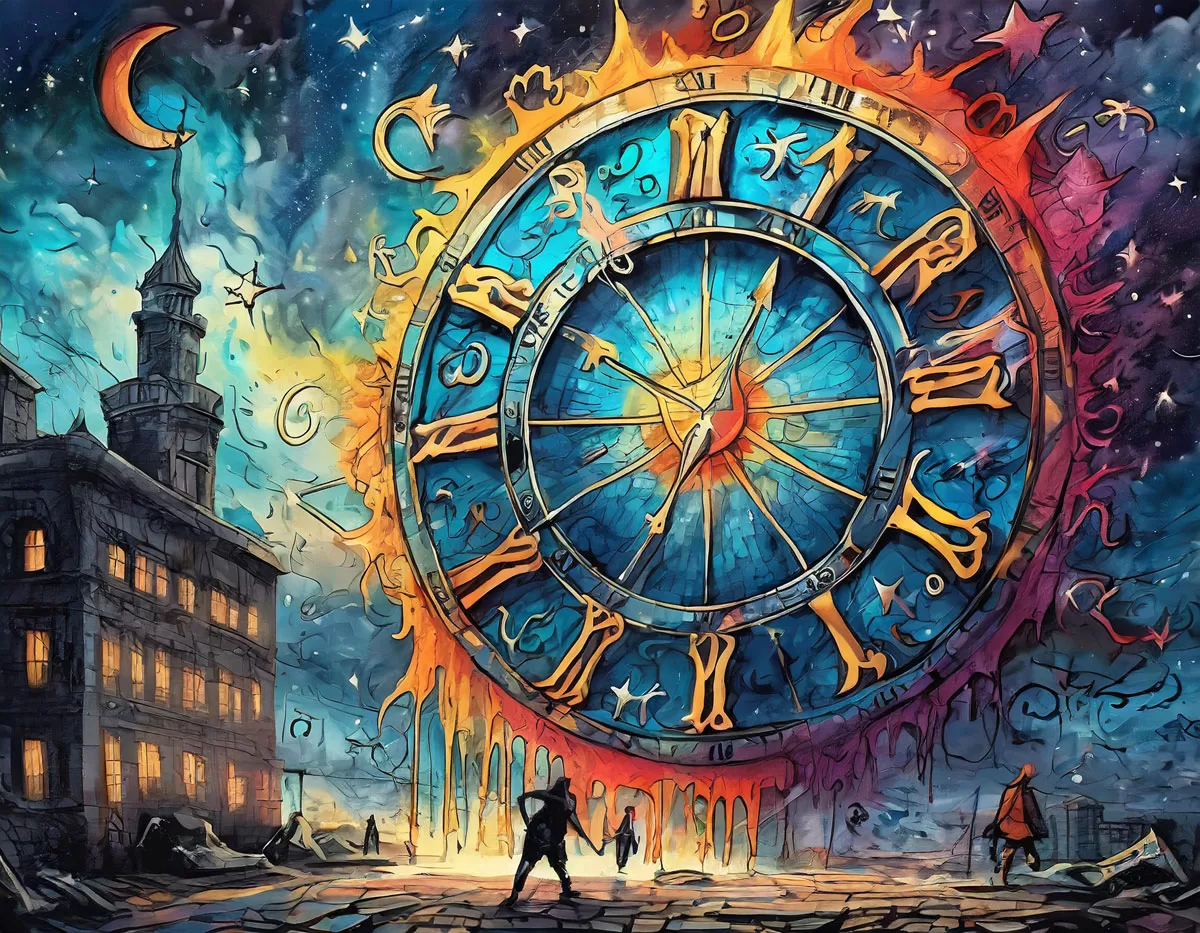
- Sat, 27 July 2024
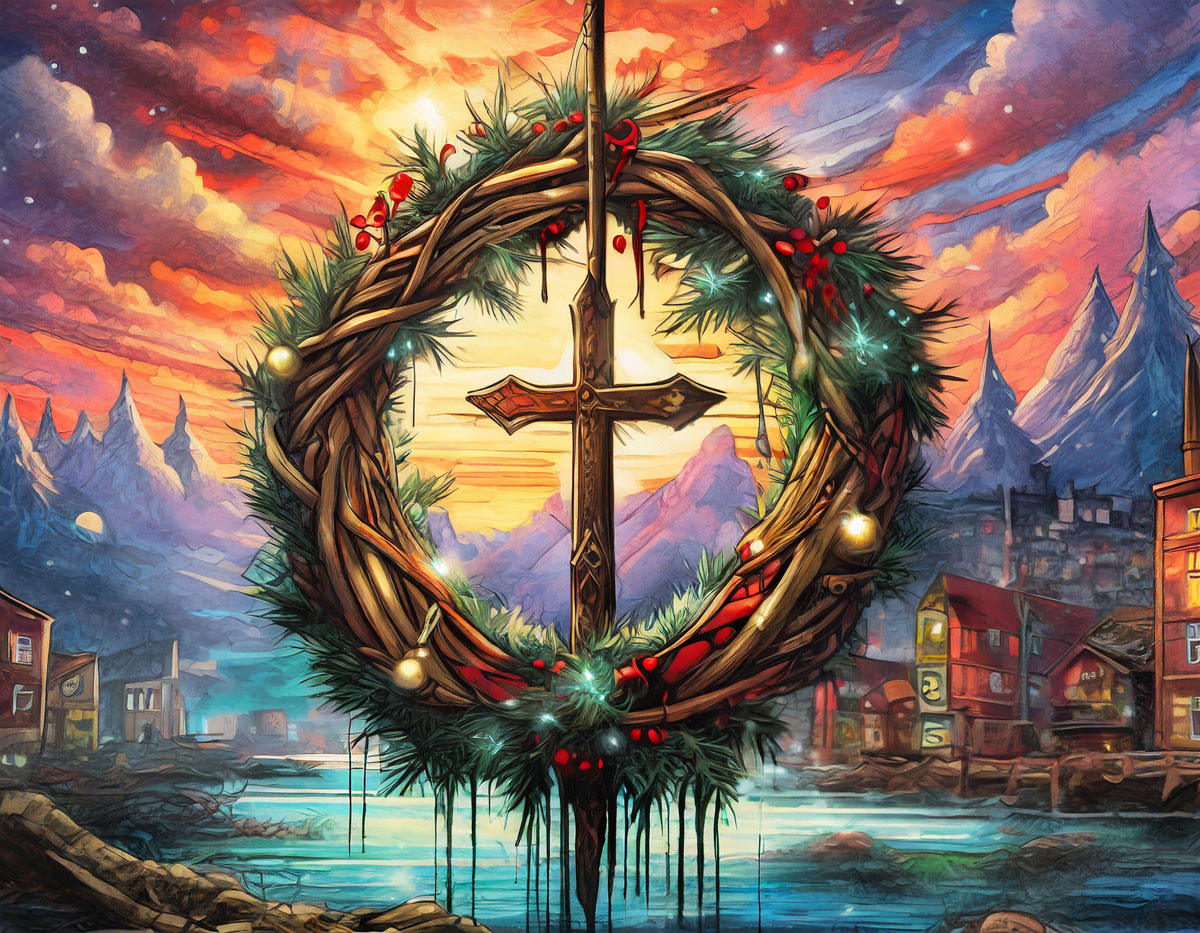
Welcome to the enchanting realm of Christmas, a global celebration cloaked in shimmering lights and age-old traditions. Yet, beneath its festive facade lies an intricate mosaic of ancient rituals and Pagan customs. This article delves deep into the Pagan roots of Christmas, exploring how mysticism intertwines with modernity in this universally cherished holiday.
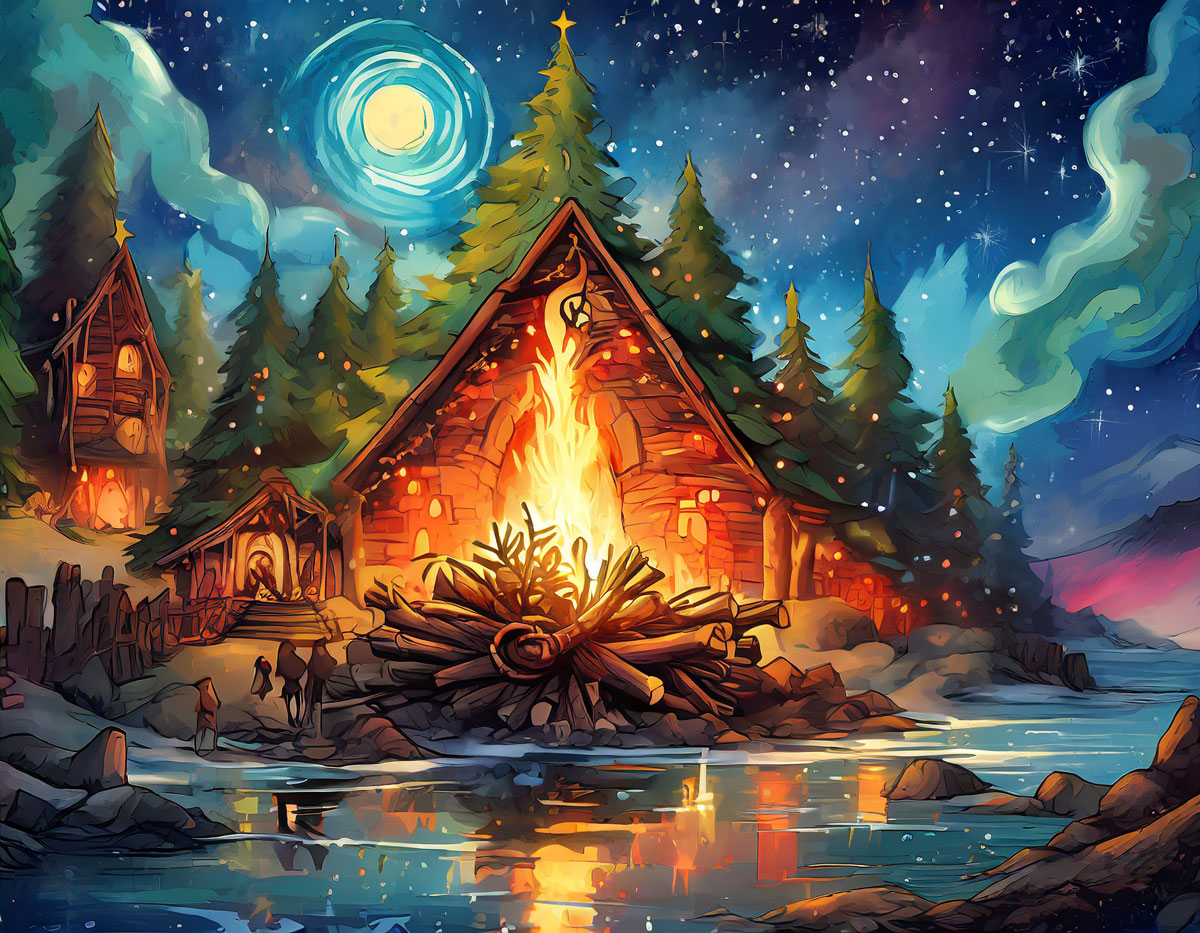
Long before the star of Bethlehem shone, the winter solstice on December 21st was a pivotal moment for Pagans. Celebrations like Saturnalia and Yule marked this period, resonating with feasting, merrymaking, and a deep reverence for nature’s cyclical rebirth. The legend of the Green Man revered as the bringer of light and warmth, was central to these celebrations. Brimming with joy and reverence, these ancient festivals laid the foundational stones for what we now know as Christmas, creating a rich blend of traditions as diverse as the cultures that celebrated them.
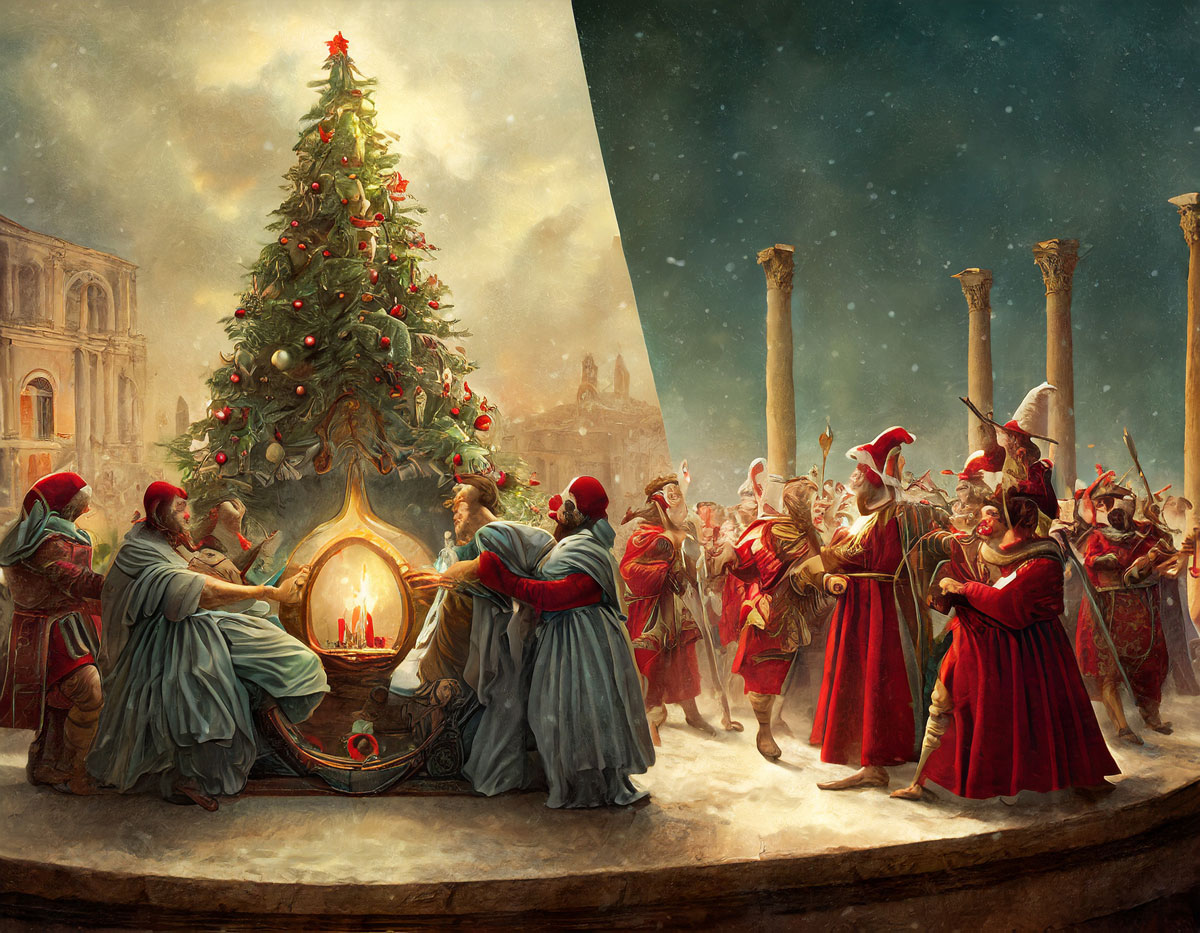
With its evergreen splendour, the iconic Christmas tree traces its origins back to Pagan reverence for nature’s eternal cycle. Ancient Celts and Vikings saw evergreens as symbols of everlasting life; a belief echoed in the Yule log’s protective burn and the mistletoe’s fertility symbolism. The tradition of presents in stockings finds its roots in the legend of St. Nicholas, known for his secret gift-giving. These elements, far from mere festive decorations, are potent symbols embodying resilience and the continuity of life.
As Christianity expanded its reach, early church leaders seamlessly integrated Pagan customs into the Christmas narrative. This strategic fusion was more than a religious tactic; it recognised these ancient rituals’ deep-rooted power and significance. The result was a holiday resonating with a harmonious blend of beliefs, both Pagan and Christian, creating a celebration that echoed through the ages.
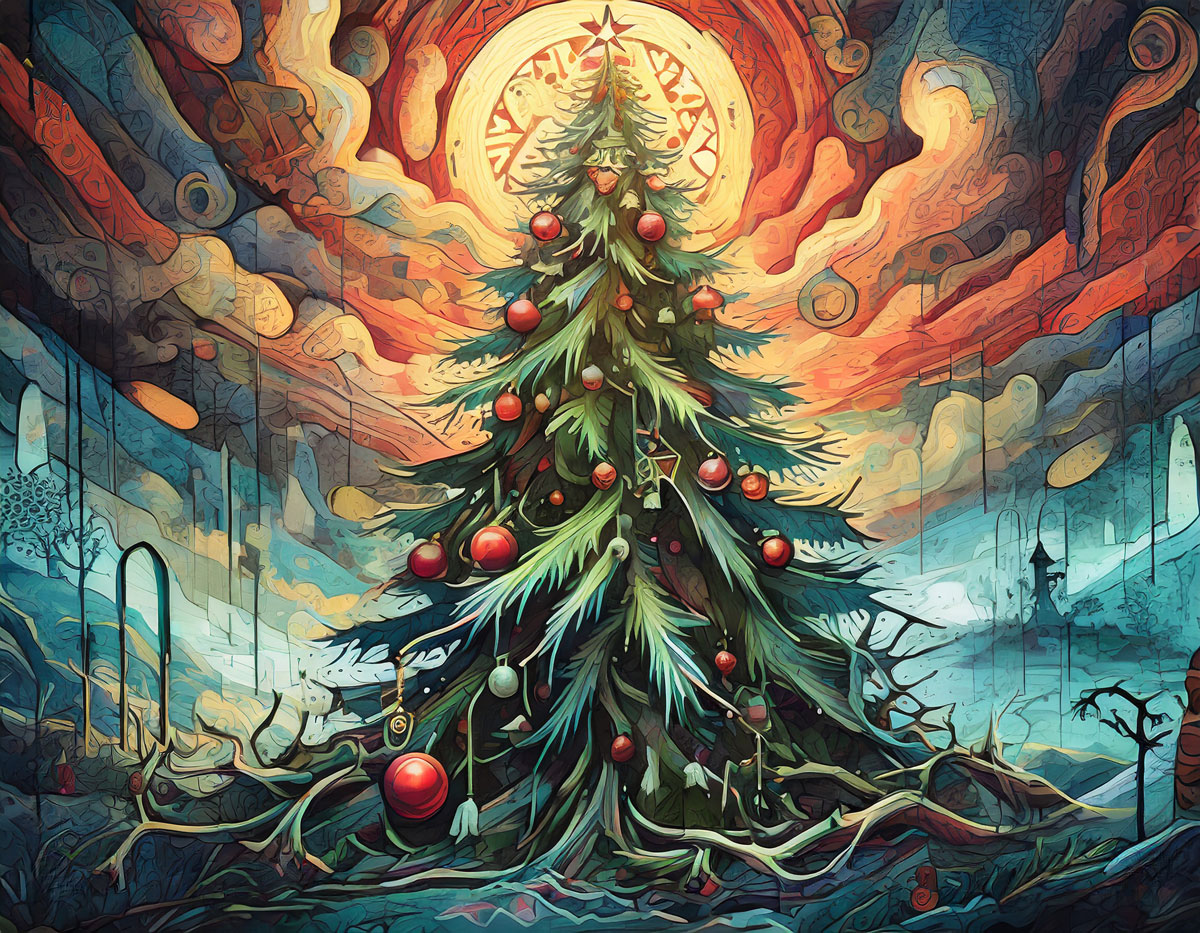
The image of Santa Claus evolved from various cultural influences. Northern Asian shamans believed in a Christmas visitor, guided by flying reindeer, who entered homes through the chimney to deliver gifts. In Russia, the tradition of Ded Moroz, or Grandfather Frost, added another layer to the Santa mythology. Clement Moore’s 1820 poem “A Visit from St Nicholas” and its subsequent popularity in Britain helped shape the modern image of Santa Claus. Finally, in 1931, Coca-Cola’s advertising campaign solidified Santa’s iconic red hat and coat, merging various cultural narratives into the jolly figure we know today.
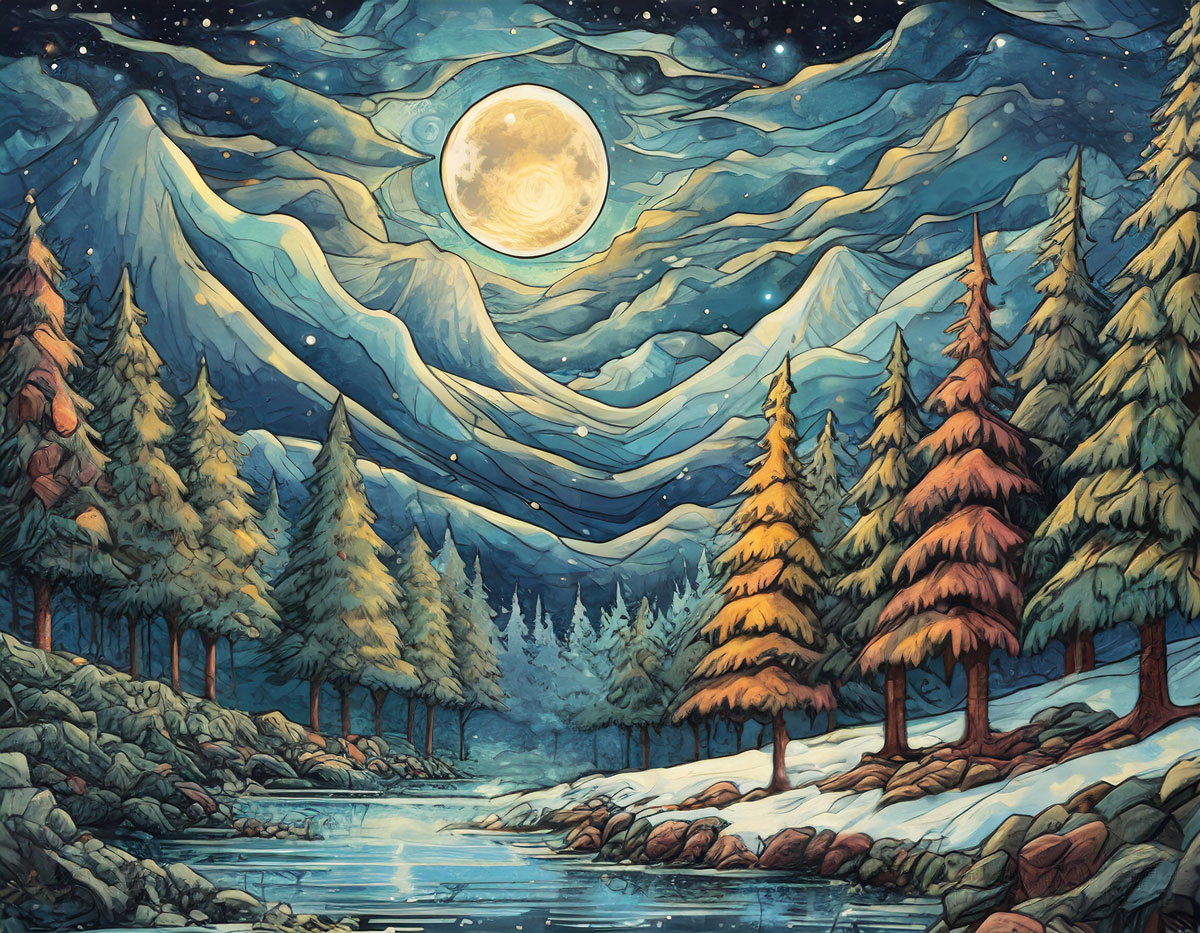
In contemporary times, Christmas is a vivid tapestry of old and new, where Pagan symbolism harmoniously coexists with Christian narratives. This fusion is a celebration of diversity, honouring both its Pagan ancestry and Christian transformation. Today, Christmas transcends religious boundaries, offering a universal message of joy, renewal, and unity.
As we indulge in the festive spirit, we must acknowledge the ancient Pagan roots that sustain the Christmas spirit. This holiday, a vibrant mosaic of traditions, invites us to reflect on its diverse origins and celebrate the shared human experience it represents. With its glittering allure, Christmas stands as a testament to the enduring power of ancient rituals and their ability to adapt, evolve, and continue captivating hearts across generations.

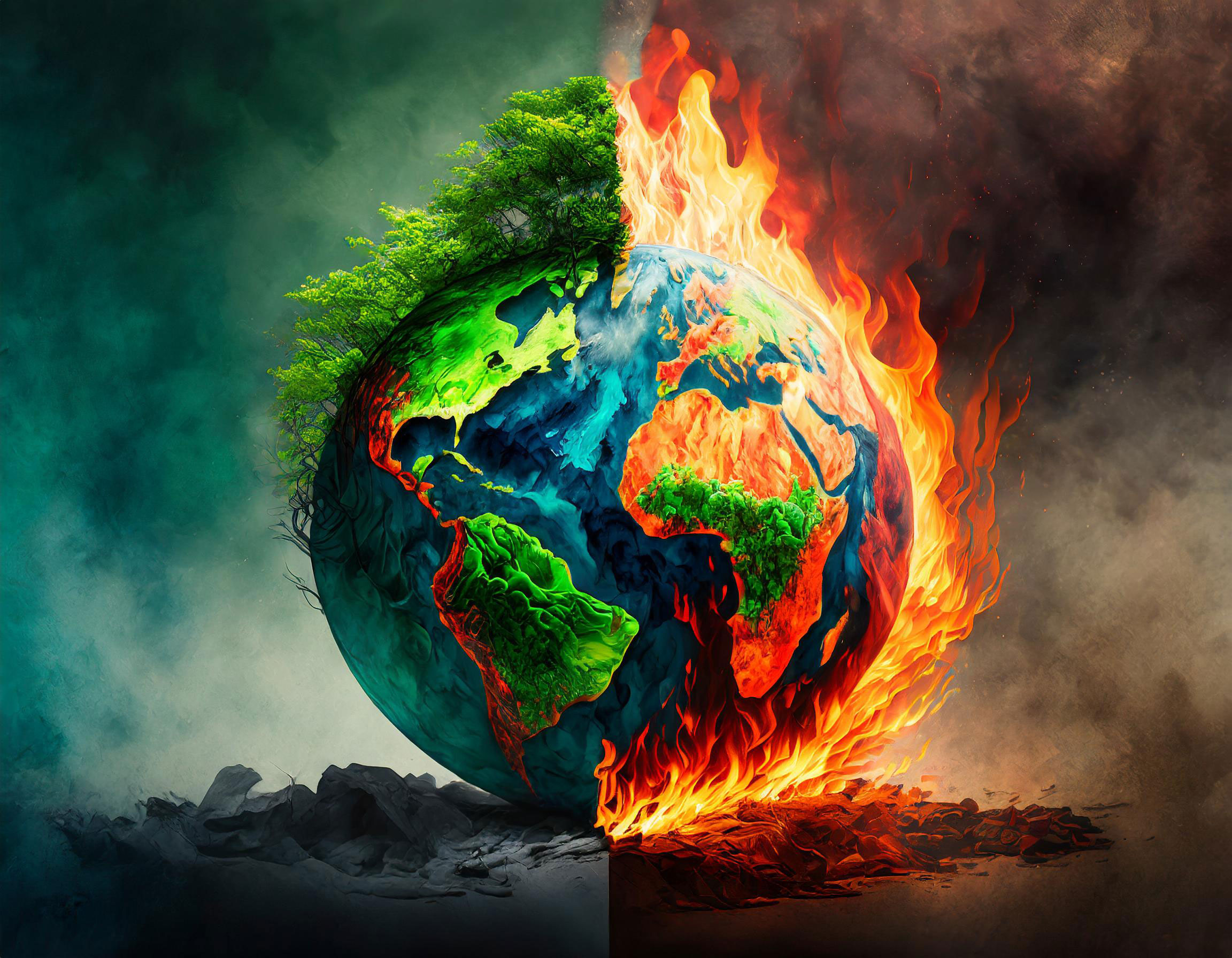
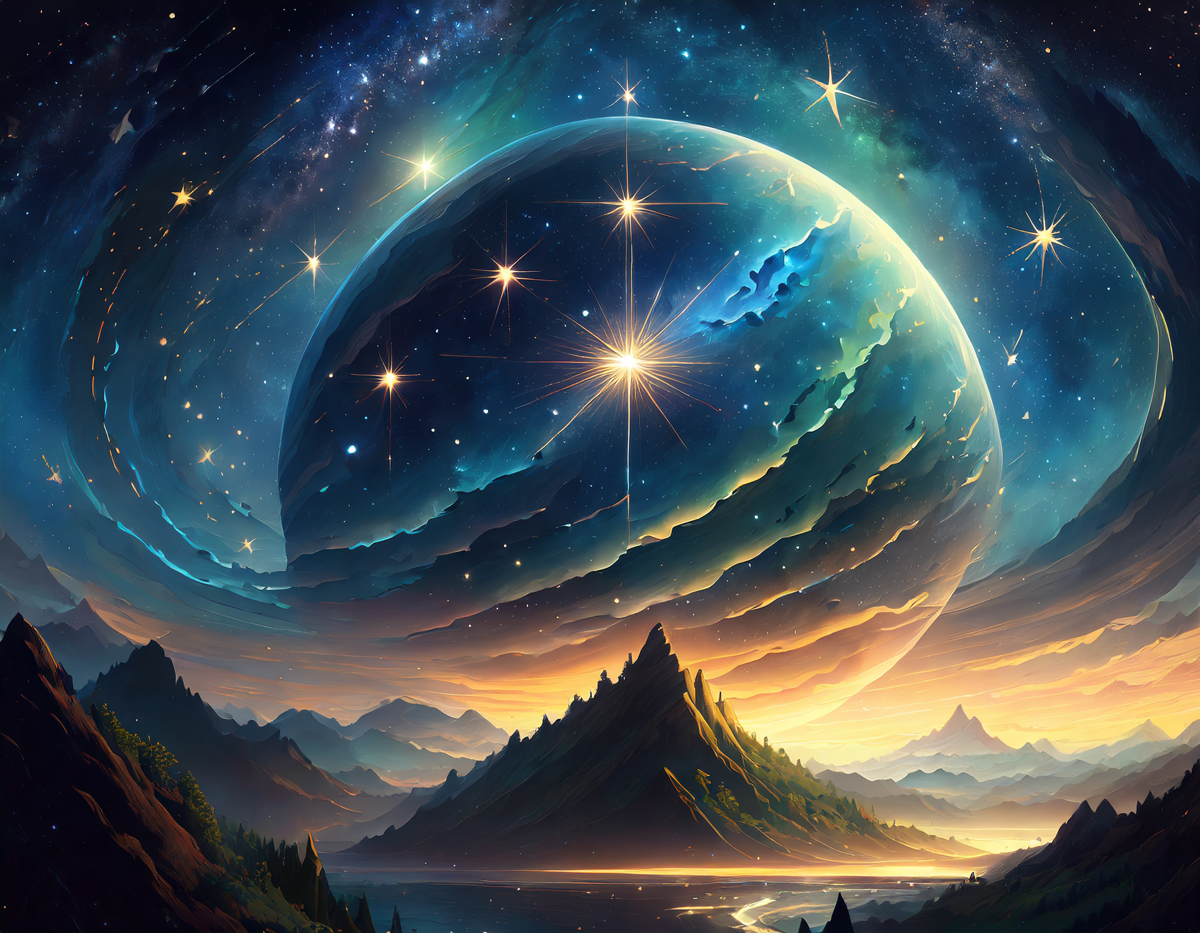
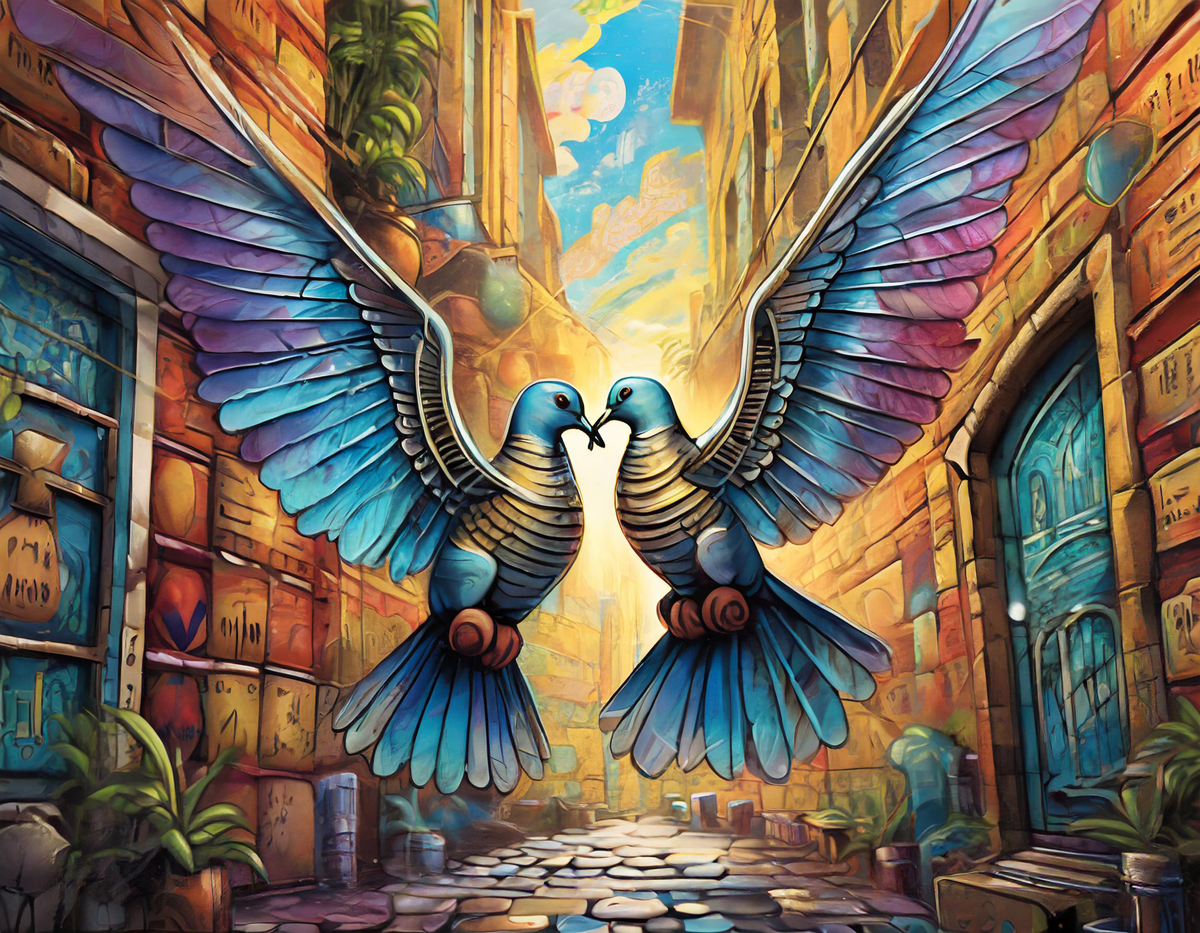
Receive out monthly newsletter and stay up to date with the top stories.
Fake News and Nonspiracies Debunked.
Debunking Myths, Exploring Truths. Discover alternative insights on news, science, and culture, crafted by visionary minds. Join us for a journey beyond the mainstream.
Sign up our newsletter to get update information, news and free insight.